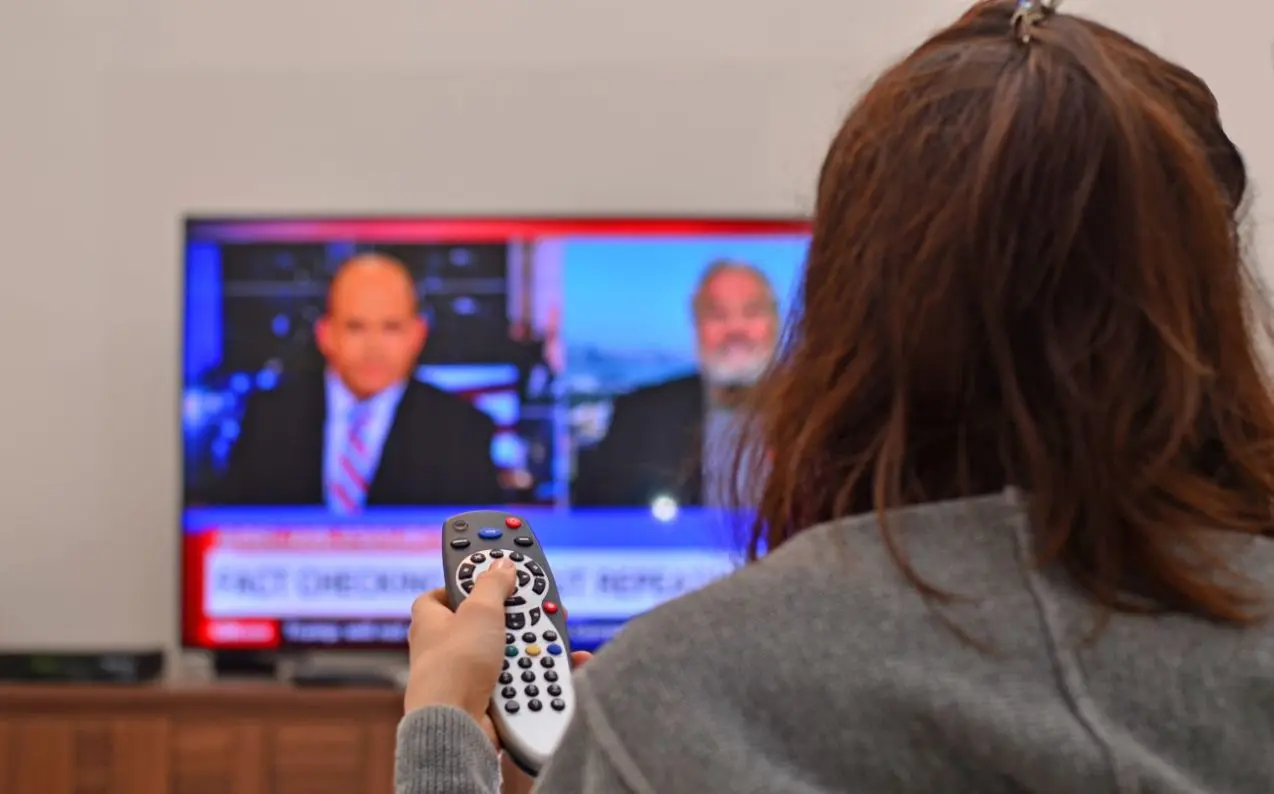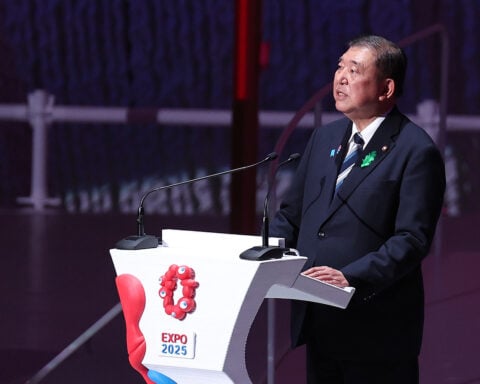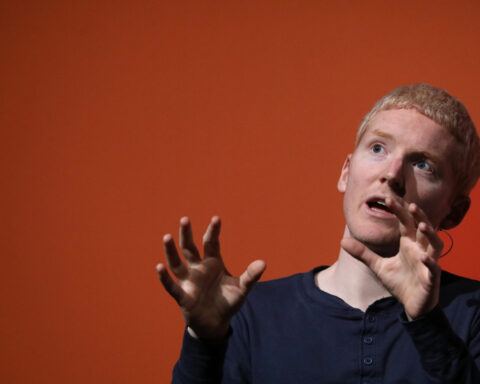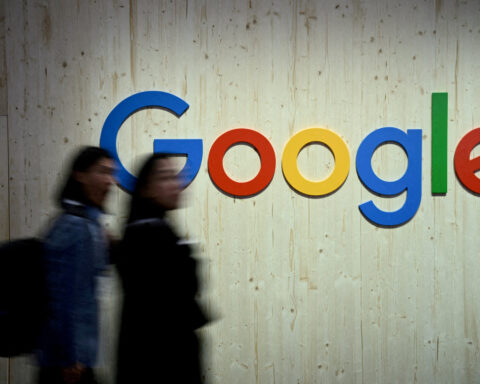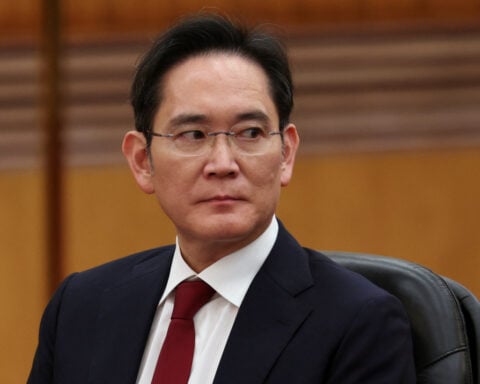In a world that is becoming more and more connected, people are becoming more overwhelmed by disasters to the point that they shut down emotions to cope. Researchers see this as a sign of “compassion fatigue,” and with that comes serious consequences. Experts are now scrambling to counter this emotional numbness and reinvigorate human empathy.
“When someone has compassion fatigue, they feel like there’s a lot happening and they don’t know where to start and what to do, so sometimes they will turn off their emotions,” said Gabriela Murza, assistant professor at Utah State University who educates on trauma impacts locally. The phenomenon encompasses physical and psychological exhaustion from secondary exposure to trauma. It often resembles post-traumatic stress disorder symptoms.
Murza has seen such detachment recently. “People are coming in saying ‘we can’t watch the news anymore’ after taking all they can take,” said Michelle Trent, executive director of a South Dakota counseling non-profit, noting clients struggling with everything from Covid-19 to racial unrest last year.
But what is it about sympathy fatigue that is so upsetting right now? The answer comes from Charles Figley's groundbreaking work on trauma spread at Tulane University, who coined the term many years ago. His research showed that even loved ones who see disasters happen to people they care about can become sensitive to the pain that comes with it.
Today's never-ending newsfeeds make compassion fatigue worse by beating people up mentally until many shut down to protect themselves. Harvard Medical School expert Dr. Richard Mollica said, “When a situation is overwhelming, your body protects itself by entering a ‘fight, flight or freeze’ mode. Our responses to the pandemic and continuous uncertainty, fueled by doom scrolling and newsfeeds, range from hyperactivation to numbness.” He and colleagues provide tips for overcoming this common response to disaster coverage overload.
On the other hand, Figley says that secondary trauma has reached more than just families, caregivers, and emergency workers. His early ideas about compassion stress were right on the mark since fast digital alerts don't give you much time to digest information properly, which makes you tired.
Research collaborator Briana Smith studied exhausted volunteers and determined almost anyone represents a compassion fatigue risk today. Individual background, past adversity, and the ability to emotionally relate to current issues increase the odds of hitting an empathy wall. "When someone has compassion fatigue, they will feel like there’s a lot happening, and they don’t know where to start and what to do. So sometimes they will turn off their emotions,” she said of the paralysis accompanying this state of weary withdrawal.
Experts offer actionable tips for overcoming the phenomenon, beginning with responsible limits on traumatic content. “Take a break from difficult news and social media as a first step,” said Trent, who understands the need for purposeful time for self-care when feeling depleted. She also recommended stress-relieving activities like moving, sleeping, and spending time in nature.
Reconnecting locally proves vital, so overwhelming global events do not entirely smother community closeness and humanity’s goodness. Identifying groups to volunteer with possibly also helps counter isolation and belief in one’s insignificance against immense adversity, according to specialists.
Most importantly, experts urge finding trusted friends, family, or therapists to speak with when struggling with distressing developments or images. Validation and shared grief serve as an outlet so people refrain from stuffing difficult emotions. Listener comments displaying empathy rather than shock or dismissal make dialogue effective.
"Compassion is like a tank of gas. At some point, if you don’t replenish it, then you’re on empty,” Trent concluded while hoping more people understand the common phenomenon they may be experiencing and regain motivation to support those depending on their care, compassion, and voice against injustice.
Additionally, self-care strategies like journaling, meditation, yoga, or other mindfulness practices can help counter the effects of compassion fatigue. Taking time for enjoyable hobbies and activities is also important. Experts emphasize that setting healthy boundaries around media consumption and disaster exposure is key.
Community-building efforts focused on togetherness and mutual understanding may also renew depleted empathy reserves. Volunteer groups, religious congregations, and support organizations provide opportunities for meaningful local connections. Redirecting attention to personal relationships, acts of kindness, art, music, and nature can be uplifting.
Individually, simple self-care tools like adequate sleep, nutrition, hydration, and movement make a tangible difference. Taking deliberate tech-free time allows the mind and body to reset. Building personal resilience through positive self-talk, gratitude practice, and spiritual grounding bolsters the capacity for caring.
Experts also explore how public awareness campaigns and educational programs may help curb societal compassion fatigue. Teaching coping strategies in schools and workplaces could better equip people psychologically. Some also advocate for media literacy training to navigate overwhelming news flows.
While more research is needed, experts agree compassion fatigue demands a multilayered response. An informed, caring, and connected community is the first line of defense according to specialists. Self-care, public health efforts, and societal change may all play a role in overcoming disaster numbness. The phenomenon highlights the urgent need to support human empathy and resilience in the face of crisis.

 Trump has begun another trade war. Here's a timeline of how we got here
Trump has begun another trade war. Here's a timeline of how we got here
 Canada's leader laments lost friendship with US in town that sheltered stranded Americans after 9/11
Canada's leader laments lost friendship with US in town that sheltered stranded Americans after 9/11
 Chinese EV giant BYD's fourth-quarter profit leaps 73%
Chinese EV giant BYD's fourth-quarter profit leaps 73%
 You're an American in another land? Prepare to talk about the why and how of Trump 2.0
You're an American in another land? Prepare to talk about the why and how of Trump 2.0
 Chalk talk: Star power, top teams and No. 5 seeds headline the women's March Madness Sweet 16
Chalk talk: Star power, top teams and No. 5 seeds headline the women's March Madness Sweet 16
 Purdue returns to Sweet 16 with 76-62 win over McNeese in March Madness
Purdue returns to Sweet 16 with 76-62 win over McNeese in March Madness
